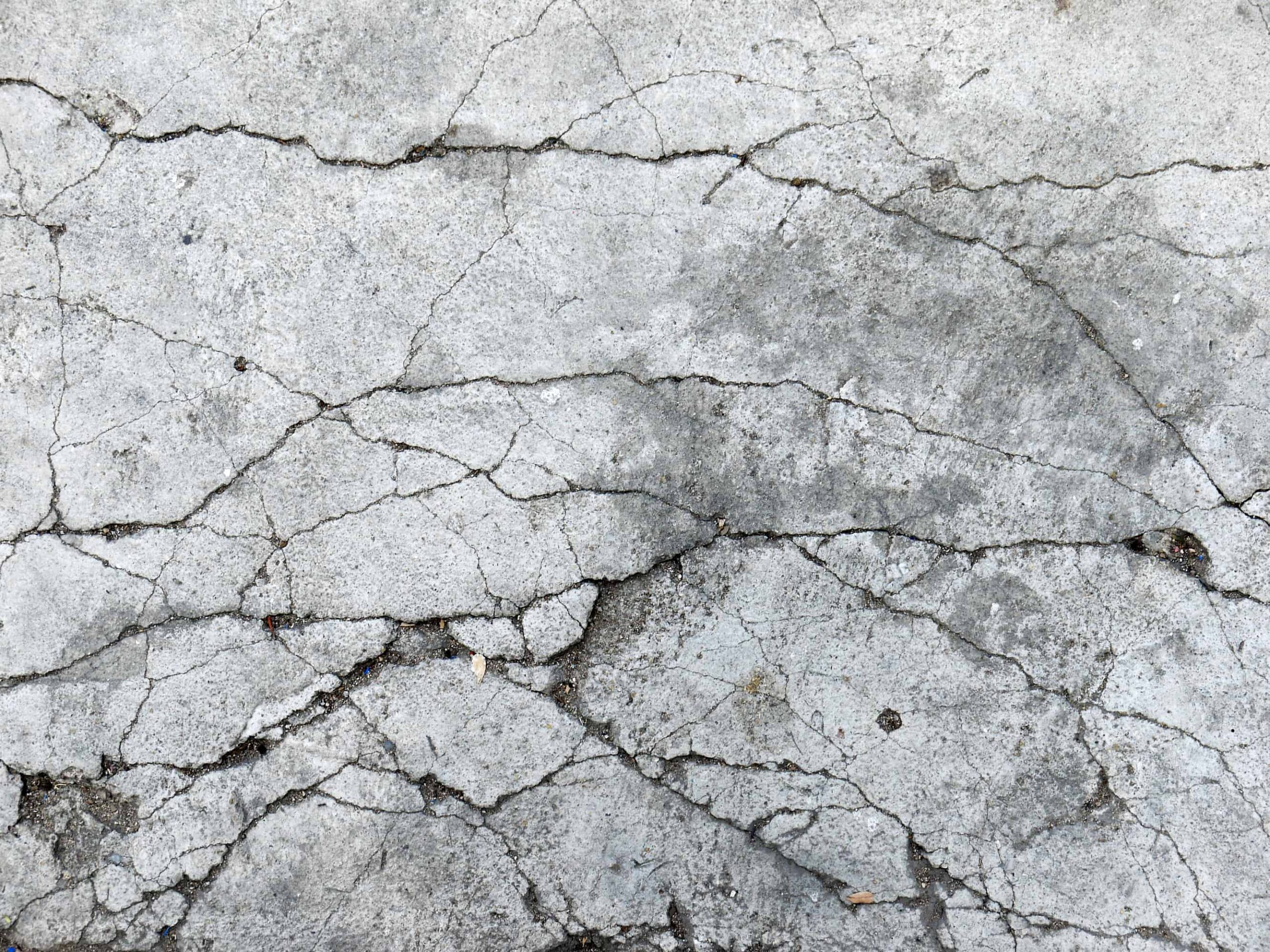What Are The Signs That Concrete Damage Is Caused By Freezing In Del Mar?

- One of the most common signs of freezing damage is surface scaling. Scaling occurs when the top layer of the concrete starts to flake, peel, or pit. This happens because freezing water expands as it turns into ice, creating internal pressure within the concrete. As a result, small cracks and fissures develop on the surface, leading to scaling. If you notice your concrete surface becoming rough and brittle, it’s likely a result of freeze-thaw cycles.
- Pop-outs are small, shallow craters that can form on the surface of concrete. They occur when pieces of the concrete surface break away due to freezing. Pop-outs can range in size from a few millimeters to several centimeters in diameter. While they may seem minor at first, they can weaken the overall integrity of the concrete and lead to further deterioration if left unattended.
- Freezing temperatures can cause concrete to crack. These cracks may appear as hairline fractures or larger fissures, and they can compromise the structural integrity of the concrete. When water infiltrates the cracks and freezes, it expands, widening the fissures and exacerbating the damage. Regular inspection for cracks in your concrete structures, especially in colder climates, is essential to catch freezing-related damage early.
- Spalling is a more severe form of concrete damage caused by freezing. It occurs when large chunks of concrete start to break away from the surface. Spalling is often the result of repeated freeze-thaw cycles, where the expanding ice exerts immense pressure on the concrete. In extreme cases, spalling can lead to the deterioration of an entire concrete structure, making it crucial to address the issue promptly.
- One of the less visible but equally important signs of freezing damage is water penetration. When concrete is exposed to freezing conditions, it can become more porous, allowing water to infiltrate its surface. Over time, this can lead to moisture-related problems, including corrosion of embedded steel reinforcements, which can weaken the concrete’s structural integrity.
FAQs
How Can I Prevent Freezing-Related Damage To My Concrete Structures?
To prevent freezing-related damage, ensure proper concrete mix design and placement techniques. Use air-entrained concrete, which contains tiny air bubbles to accommodate the expansion of freezing water. Apply a quality sealer to the concrete surface to reduce water penetration, and avoid using deicing salts, which can accelerate damage. Regular maintenance and prompt repairs of cracks and other damage are also essential.
Can I Repair Concrete That Has Been Damaged By Freezing?
Yes, damaged concrete can often be repaired. The extent of the damage will determine the repair method, which may include filling cracks, resurfacing, or replacing the affected sections. It’s crucial to consult with a professional concrete contractor to assess the damage and recommend the appropriate repair solution.
How Can I Protect My Concrete Driveway In The Winter?
To protect your concrete driveway from freezing-related damage, keep it clean and free of snow and ice. Avoid using harsh deicing chemicals and instead use sand or non-corrosive deicers if necessary. Seal your driveway regularly to prevent water penetration, and address any cracks or damage promptly to prevent further deterioration.
Conclusion
Freezing temperatures can take a toll on concrete structures, but by being vigilant and watching for these signs, you can catch freezing-related damage early and take steps to address it. Proper maintenance, timely repairs, and preventive measures can help extend the life of your concrete and keep it looking and performing its best, even in the harshest winter conditions. Remember that consulting with a professional concrete contractor is essential for assessing and addressing significant freezing-related damage to your concrete structures. For more information, contact Concrete Contractor Del Mar at (858) 314-3534.